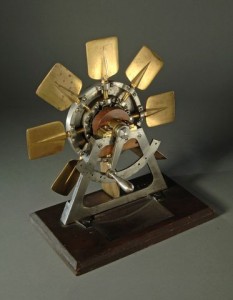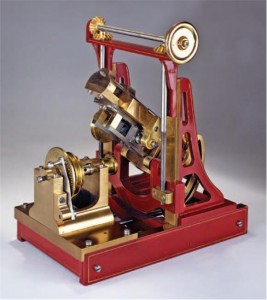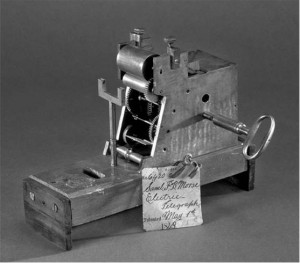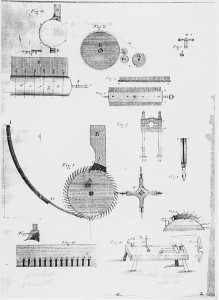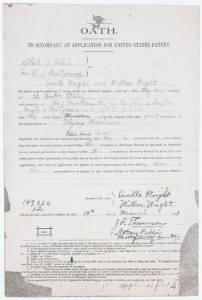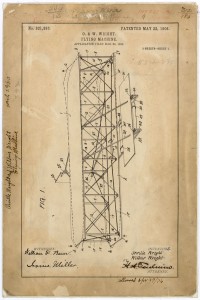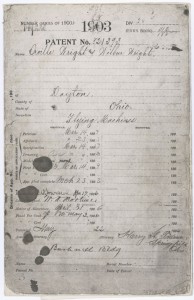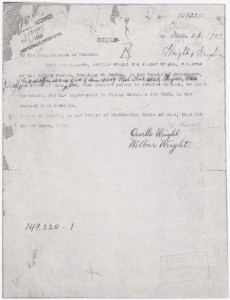The Federal Circuit sat en banc yesterday for the oral argument in Tivo v. Echostar, 2009-1374, a case concerning alleged contempt of a permanent injunction based on a design around effort by Echostar.
You can listen to the en banc oral argument here: [Listen].
The issues on en banc review are:
a) Following a finding of infringement by an accused device at trial, under what circumstances is it proper for a district court to determine infringement by a newly accused device through contempt proceedings rather than through new infringement proceedings? What burden of proof is required to establish that a contempt proceeding is proper?
b) How does “fair ground of doubt as to the wrongfulness of the defendant’s conduct” compare with the “more than colorable differences” or “substantial open issues of infringement” tests in evaluating the newly accused device against the adjudged infringing device? See Cal. Artificial Stone Paving Co. v. Molitor, 113 U.S. 609, 618 (1885); KSM Fastening Sys., Inc. v. H.A. Jones Co., 776 F.2d 1522, 1532 (Fed. Cir. 1985).
c) Where a contempt proceeding is proper, (1) what burden of proof is on the patentee to show that the newly accused device infringes (see KSM, 776 F.2d at 1524) and (2) what weight should be given to the infringer’s efforts to design around the patent and its reasonable and good faith belief of noninfringement by the new device, for a finding of contempt?
d) Is it proper for a district court to hold an enjoined party in contempt where there is a substantial question as to whether the injunction is ambiguous in scope?
